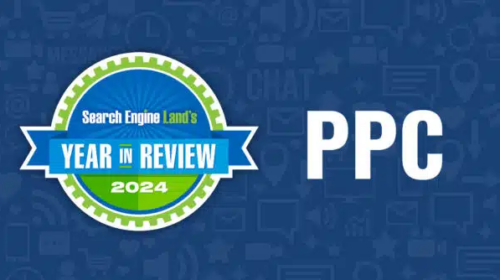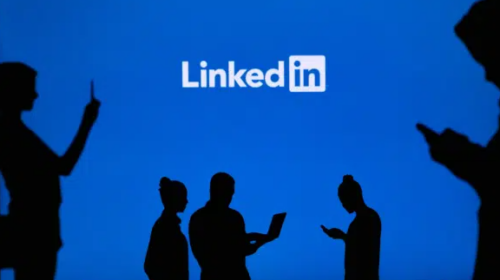Google on ranking updates: Focus on big picture, not individual signals
Google also stressed the importance of authentic content in an AI world and thinking about satisfying the people who find your content.
The key to your SEO success is publishing authentic content and thinking about ranking in terms of concepts, rather than individual signals.
That’s according to Googlers Martin Splitt, John Mueller and Danny Sullivan in the latest Search Off the Record episode. The group discussed ranking updates and systems, content, the importance of user-centricity and more.
Why we care. Google’s algorithm is a recipe and we want to know all the ingredients (signals) that will help us rank better and drive more traffic and conversions, no matter what Google says we should do. However, in the chase for SEO success, it remains critical to always provide quality content for your target audience (your users, customers, clients or readers) and make sure you satisfy them first.
The big picture. Many SEOs get obsessed with knowing all the individual search ranking factors. While SEOs try picking everything apart, Mueller said there is a better way:
- “For a lot of the guidance that we have, it’s a lot more now about the bigger picture, because it feels like from a technical point of view, things are often pretty reasonable. And now you really need to get that bigger picture into the right shape, so that when users come, they’re like, ‘Oh, this is actually a helpful site,’” Mueller said.
Because Google’s algorithm is made up of multiple systems, Sullivan advised continuing to focus on the big picture:
- “Know that we’ll just try to share more information, so that you can understand more about the systems that are out there and, you know, hopefully be successful with them.”
Authentic content. The term “authentic” came up a few times during the discussion, with Mueller specifically noting how authentic content can be a differentiator when competing against AI content:
- “But I think now more than ever, having that authentic content that you created because you have
an actual audience in mind that you know would come to it directly, that is your way forward as you try to navigate this world of how ranking systems are evolving with Google,” Mueller said. - “And I think also generally, as we go into this world of AI content and so on, that it will have places
and it’d be useful, but I think the bedrock will be to continue to point people towards authentic information. There’s a big craving for that, and that’s going to be your key to success,” Mueller said.
User-centricity. You should “put yourself in the shoes of someone who arrives at that content and what they’re going to be thinking about,” Sullivan said, adding some helpful context from a personal travel experience:
- “It’s like, I just wanted to know, like, where do I park? How do I get to the place? How long do I need to be there? And that you’ve actually been there,” Sullivan said.
- “… I think more of just sitting back and thinking, ‘If I were a person coming into this, would I actually be satisfied?’ ‘Did I really write this for an actual person, that I’m thinking about my audience?’
- “And if you’re doing that, you really feel like the way you do it works and you’re getting the feedback from your audience that it’s all great. Do it. Just do it. Keep going that way, right?”
The point of SEO is not to dress up pages in the hope it will rank in the first position of Google, Splitt added:
- “… are you trying to make something for your users and make it better, so that even a search engine, which is hopefully a less intelligent being than the people using the website can actually understand the goodness of the page?”





